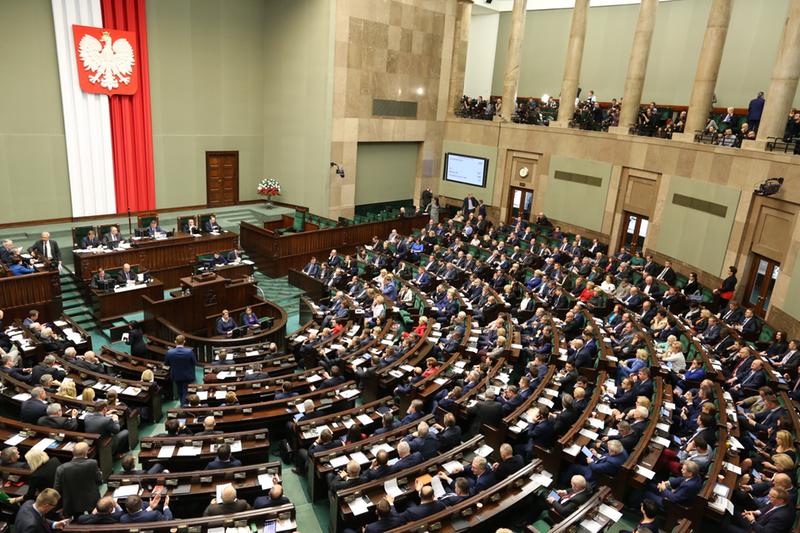Hungary – On September 28, the Mathias Corvinus Collegium (MCC) hosted, at its Budapest campus, a panel discussion on the pressing subject of irregular migration to Europe. “The Decade of Movement: Challenges and Stakes of Irregular Mass Migration in Europe” was a product of the Wacław Felczak Institute of Polish-Hungarian Cooperation and the Budapest-based Migration Research Institute (MRI) and featured migration-focused scholars from several European countries.
The event occurred at a critical moment for policy and politics in the V4 region. Less than a decade after the 2015 migration crisis, irregular migration is again straining Europe’s borders. Usual Mediterranean routes earn most of the headlines, but the V4 countries, perhaps surprisingly, are burdened as well. Even Poland’s northerly location and Hungary’s well-protected frontiers have not prevented migration pressures.
“There are three solutions,” asserted Witold Repetowicz, a Middle East expert at the War Studies University in Warsaw. “[The] first solution is to pay ransom to these authoritarian regimes. The second is to provide effective protection for [the] border. But it means we act in a brutal way, because there is no other [method to enact this solution]…Europe is not psychologically prepared for such a solution,” he continued. “The third solution is to surrender.”
This is also a key inflection point for V4 cooperation on the issue. Slovakia held parliamentary elections immediately after the Felczak Institute-MRI conference. If top-finisher Robert Fico can form a government, Slovakia could provide key support to the recently isolated Hungary-Poland bloc, which has been critical of EU migrant-relocation schemes.
The looming elections in Poland will dictate the V4 landscape for the next half-decade or longer. A government led by former Prime Minister and President of the European Council Donald Tusk would hamper V4 cooperation and likely isolate Hungary on migration policy (among other issues).
Migration will play a direct role in the voting on October 15. Two of the four referendum questions posed to Polish voters relate to migration. One asks voters about this summer’s EU Migration and Asylum Pact.
“It is, of course, against the will of voters,” said Felczak Institute-MRI panelist Tomasz Grzegorz Grosse, Professor of Politology, European Studies, and Political Science at Warsaw University. “A majority of Poles reject the relocation mechanism, and without any relation to political preferences. A majority of voters…it is like 70 percent of Poles, reject such an idea, because Poles believe they are not efficient. They don’t address the problem. They don’t stop [a] huge inflow of migrants to Europe. They only transfer problems from one country to another.”
“From the practical approach…the idea of the pact is just not realistic,” added Dr. Gyula Mikolicz, the Hungarian government’s Deputy Head of the Asylum Directorate.
Political developments over the next month will immensely influence how the region responds to this fundamental issue. In the meantime, irregular migration flows will continue traverse Central Europe, en route to the Germanic destinations that surely will not rebuff them.
—
A full recording of
“The Decade of Movement: Challenges and Stakes of Irregular Mass Migration in Europe”
is available here.




